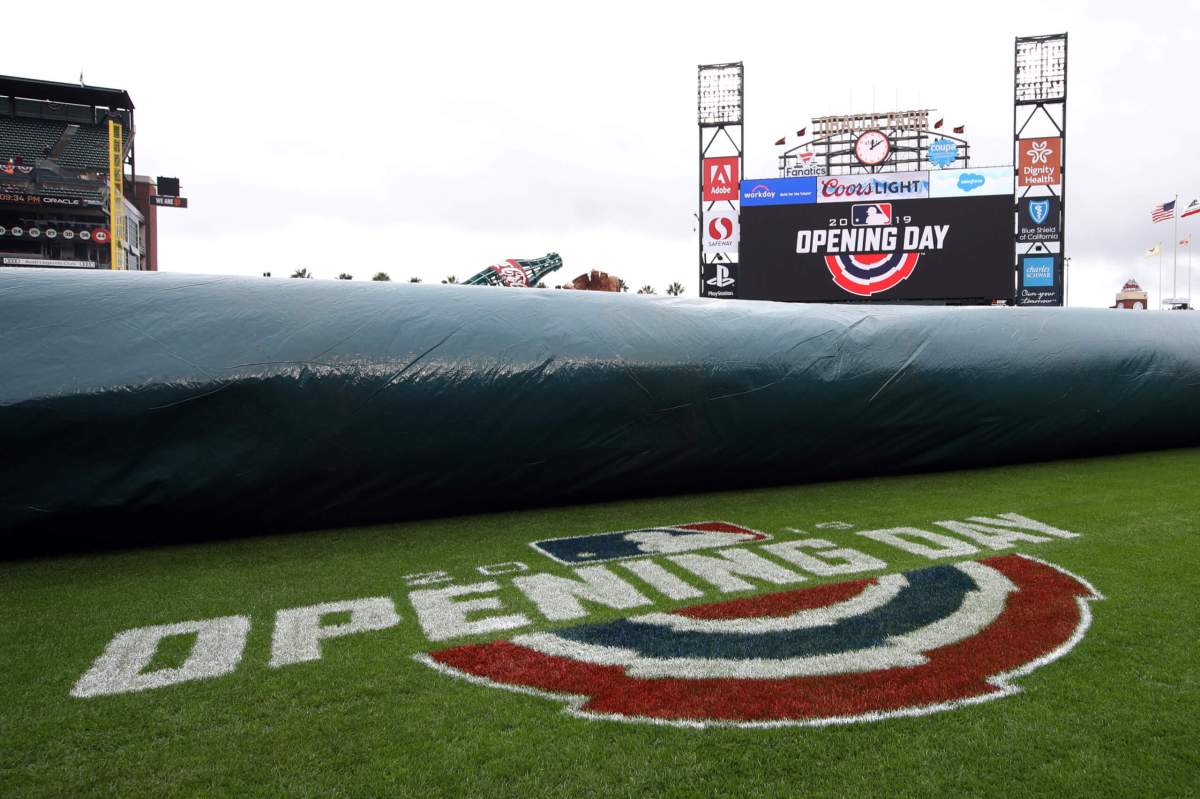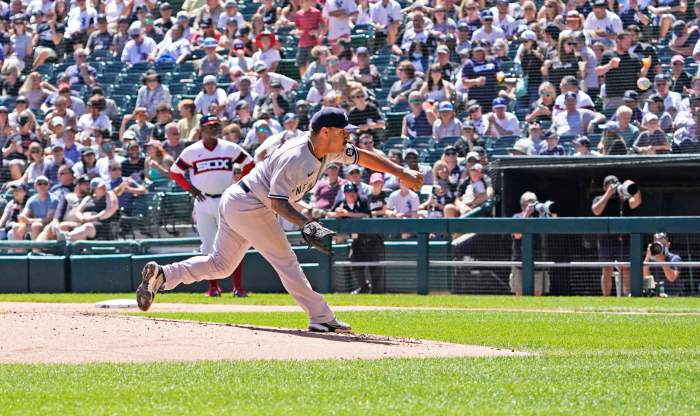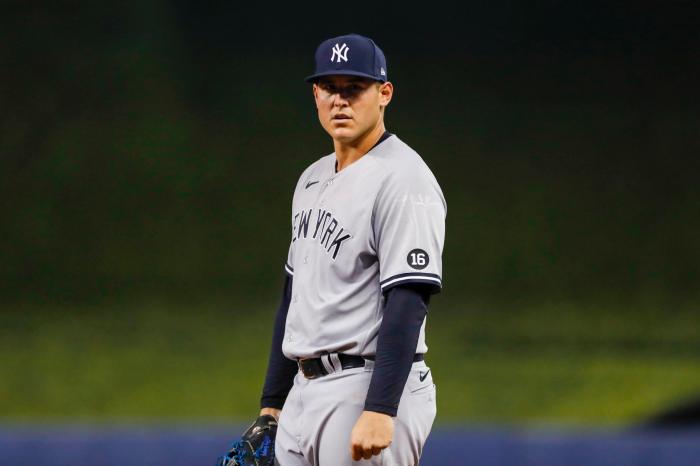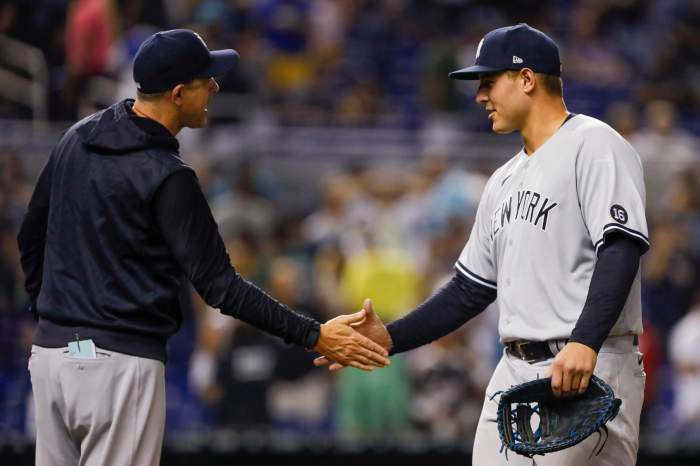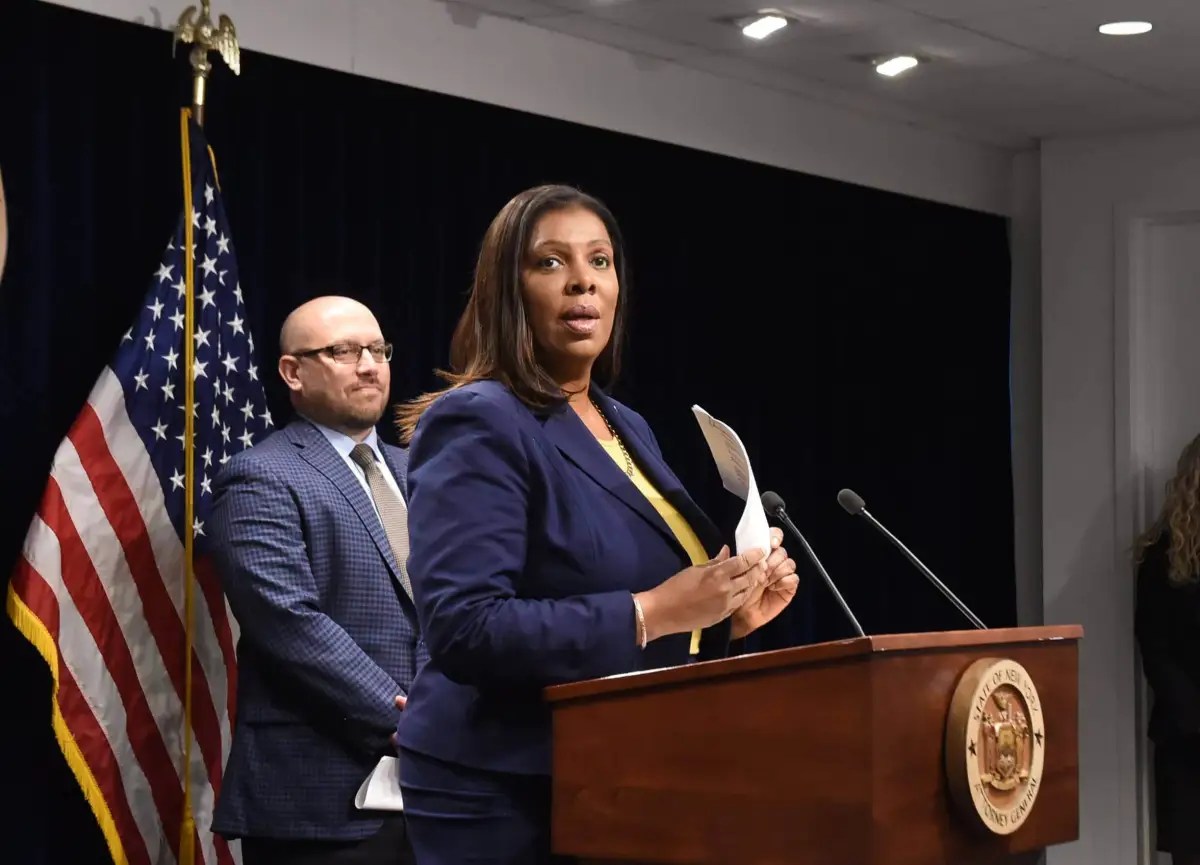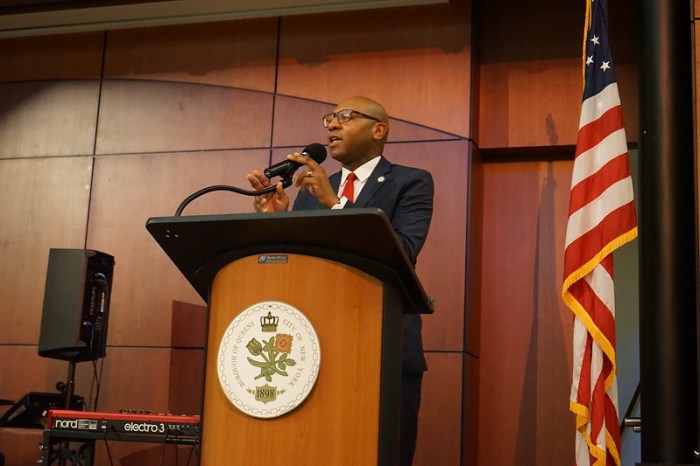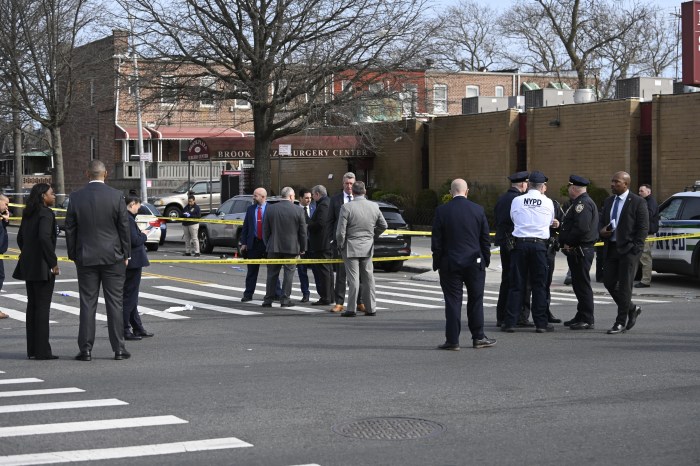Less than 48 hours after commissioner Rob Manfred declared the cancellation of Opening Day and the first two series of the 2022 season, the and the players’ union re-opened the lines of communication in hopes of breaking the ice surrounding the MLB lockout.
A step forward, at least, regardless of its insignificance.
According to multiple reports, MLB deputy commissioner Dan Halem and MLPBA (union) chief negotiator Bruce Meyer met in New York City for roughly an hour and a half in what was described as an informal meeting.
While issues were discussed, no formal proposals were made — guaranteeing that no progress would be made after a whirlwind two-week period that leaves MLB in the throes of uncertainty.
According to USA Today’s Bob Nightengale, amongst topics discussed were three rule changes that MLB wants to implement: Banning the shift, introducing a pitch clock, and adopting oversized bases. Those changes cannot go into effect until 2024 unless the players’ union agrees, which would allow it to move up by one year.
MORE ON MLB LOCKOUT: Ineptitude of Rob Manfred, greed of MLB has alienated players, fans with Opening Day 2022 on hold]
The owners, who induced the lockout, initially set a deadline of Feb. 28 to come to an agreement on a new collective bargaining agreement (CBA), which helps govern the game between the league and the players. Should they hit that deadline, Opening Day would be pushed back and games would be lost considering the two weeks needed to complete free agency and the three weeks to execute a proper spring training.
After significant progress was allegedly made in a marathon 17-hour negotiating session Monday that saw the two parties agree on a 12-team playoff format, MLB opted to push the deadline back to Tuesday at 5 p.m.
The decision turned out to be nothing more than a ploy to put further pressure on the players’ union to agree to their parameters, and negotiations broke down in the final hours to ensure that baseball would come late this year.
Among the most pressing topics is the competitive balance tax (CBT), which sets a number of how much money a team can spend on its roster in a given year without incurring penalties (fines, loss of draft picks).



